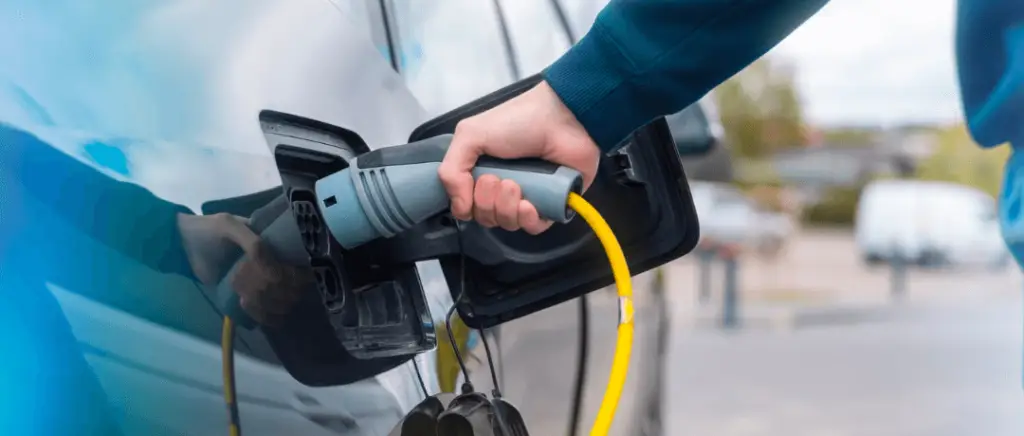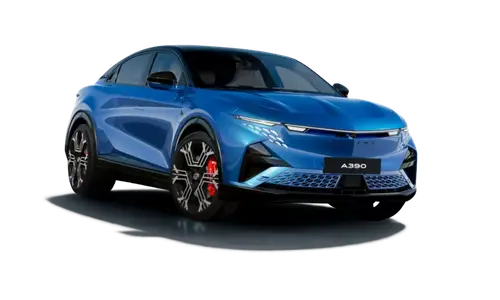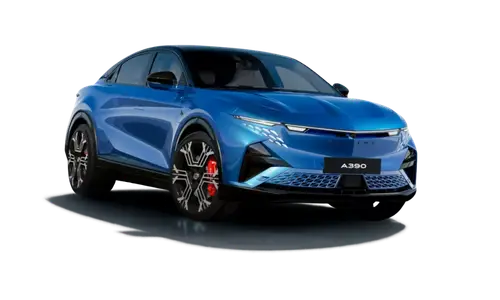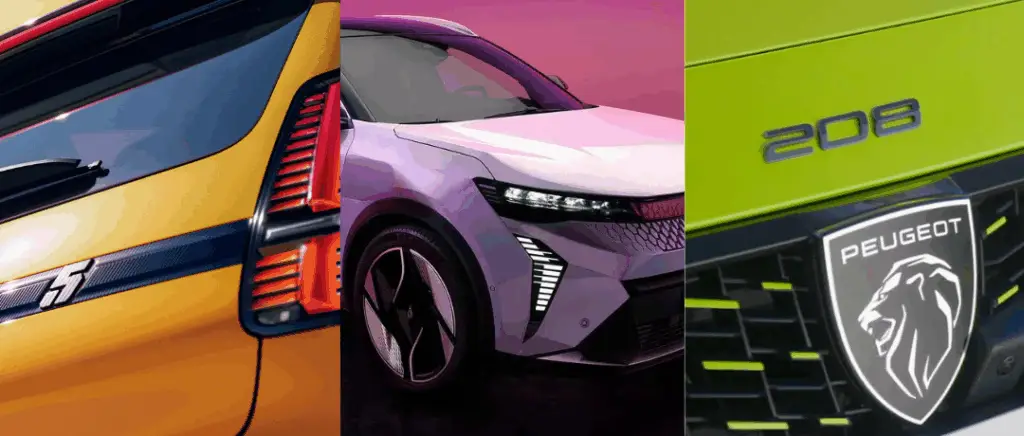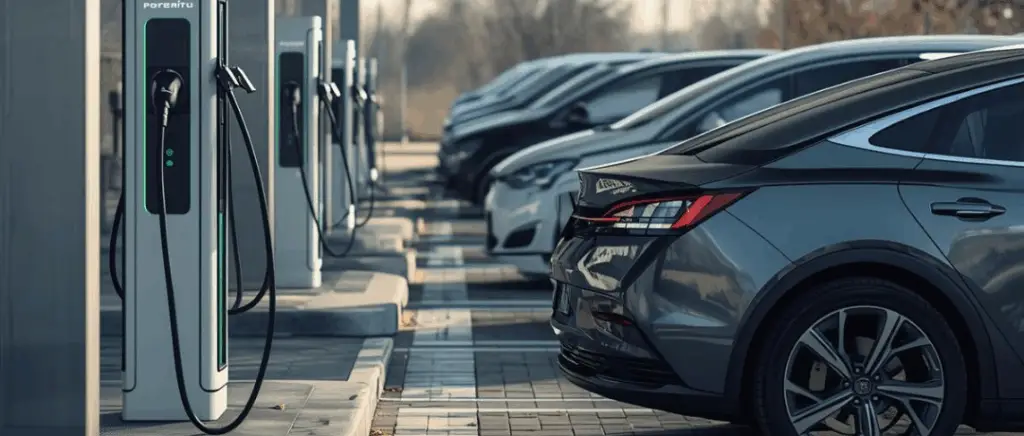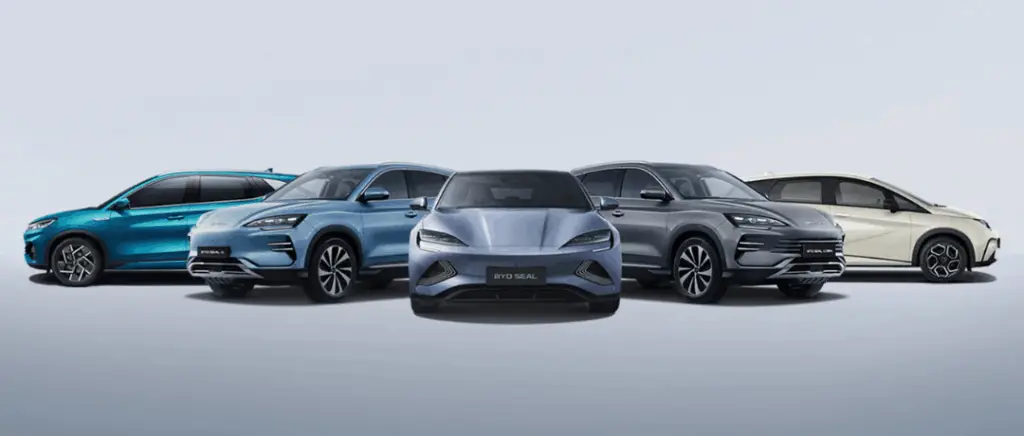Monday to Friday
9am - 12.30pm - 2pm - 7pm
What criteria should a company take into account when buying a professional electric vehicle?
Buying an electric vehicle for a business is an important decision that requires a thorough analysis of the criteria to be taken into account. A number of factors need to be taken into account when choosing the right electric car for your business needs.
L'autonomy
Range is an essential criterion when a company buys a professional electric vehicle. The distance covered on a single charge is less than that of an electric car. thermal vehicleThis poses problems for business travellers. However, the good news for businesses is that the range of electric vehicles is constantly improving thanks to technological advances and increased battery capacity.
So when choosing a professional electric vehicle that is suited to their needs, companies need to take a number of criteria into account:
- real autonomy depending on the company's usage cycle,
- availability and location of charging points on frequent journeys,
- capacity of battery and recharge time,
- technology for regenerating energy during braking.
Also read → Range, power, battery: how does an electric car work?
Reload time
VSEs and SMEs need their vehicles to be operational at all times, which means they need to be recharged quickly and efficiently. According to theADEMEthe French Agency for Ecological Transition, recharge times have fallen considerably in recent years.
However, more still needs to be done to make charging faster and more accessible. Solutions such as the development of fast-charging stations and the introduction of subsidies for the installation of charging stations in businesses could help to improve the situation.
Technological advances such as bi-directional charging allow the electric car not only to recharge from an external power source, but also to supply energy to that same source. This means that the car can be used as a kind of mobile battery, which can store energy during off-peak periods and release it during peak periods.
For example, the Renault Zoe e-Tech offers a 50 kW fast charge, giving you up to 150 km of range in just 30 minutes.
The manufacturer Tesla offers SuperchargersThese are fast-charging stations, enabling a Tesla car to be recharged in around 30 minutes for a range of 270 km. Here are some other examples:
| Véhicule électrique | Temps de recharge (charge rapide) | Puissance de recharge max (en kW) |
|---|---|---|
|
Tesla Model 3
|
15-30 minutes
|
170 kW
|
|
Volkswagen iD.4
|
26 minutes
|
135 kW
|
Loading capacity
Companies often need to transport goods or equipment as part of their business activity. So it's essential to check that the vehicle you choose has sufficient load capacity to meet your needs. What's more, load capacity can vary depending on the vehicle's battery and weight.
Today, however, many car manufacturers offer electric vans large enough to meet these needs. This is the case with the Renault Kangoo Z.E and its 4.6 m³, the Peugeot e-Partner and its 4.4 m³ or the Volkswagen e-Crafter and its 11.3 m³ load capacity.
According to the French Highway Codethe the total permissible laden weight (GVWR) of a commercial electric vehicle must not exceed 3.5 tonnes. This can limit the charging capacity of electric vehicles. However, some companies are proposing innovative solutions to increase charging capacity, such as the use of electric trailers.
Also read → Top 5 electric commercial vehicles manufactured in France 2023
Precautions to take before buying an electric car
A number of factors need to be taken into account to avoid hidden costs and unpleasant surprises. There are also a number of precautions to take before buying an electric car for your company fleet.
Hidden costs: why is it important to take them into account?
Taking hidden costs into account is a crucial issue when buying an electric car. Visible costs such as the purchase price, insurance and maintenance are often highlighted, but the hidden costs can be just as significant, or even greater. These hidden costs include the cost of electricity, which can vary depending on the time of day you recharge, as well as the costs associated with the battery lifeand waste management.
So it's vital to take all the costs into account to make an informed choice when buying an electric car. To do this, we recommend using long-term cost comparisons that take into account all the hidden costs. Online tools can be useful for assessing the costs associated with recharging and using an electric car. EDF has also set up a free cost calculator for this purpose.
In France, the law on energy transition The 2015 Green Growth Act requires companies to draw up a greenhouse gas emissions balance sheet for their operations. vehicle fleetThe aim of this measure is to encourage companies to opt for vehicles that are more environmentally friendly and more economical in the long term. The aim of this measure is to encourage companies to opt for vehicles that are more environmentally friendly and more economical in the long term.
Despite a higher purchase price, the hidden costs of electric cars are lower than those of internal combustion cars. For example, the The average cost of electricity to drive an electric car 100 km is €3.50.This compares with a fuel cost of €9.50 for a combustion engine car. What's more, the costs associated with battery maintenance and lifespan are lower than for internal combustion engines.
Also read → Car fleet insurance
Guarantees and after-sales service
Electric vehicle technologies can sometimes be complex. They require high-quality monitoring and assistance in the event of a problem. Unlike combustion-powered cars, electric vehicles have special maintenance and repair requirements. So it's important to find out about the guarantees offered by manufacturers, as well as their responsiveness and efficiency when it comes to after-sales service.
Among the warranties offered for electric cars is the battery warranty, which can vary from manufacturer to manufacturer. There are a number of examples, Renault offers an 8-year or 160,000 km warranty for the battery in its electric cars, while Tesla offers an 8-year, unlimited-range warranty for its Model 3.
Also read → Why is an electric car battery guaranteed for 8 years?
When it comes to after-sales service, it's important to check whether the manufacturer has a maintenance and repair network for electric cars in your area. Some manufacturers also offer specific services for electric cars, such as the installation of home charging points. Finally, it is essential to study the maintenance and repair costs of electric cars. They are different from those of combustion-powered cars. According to a study by UFC-Que Choisir, the maintenance costs of an electric car are on average 23 % lower than those of a combustion car.
Also read → Optimise your running costs with an electric car
Buying an electric vehicle: problems encountered by companies
The renewal of a vehicle fleet It's also a way of saving money on fuel and maintenance. It's also a way of saving money on both fuel and maintenance. So it's important to ask yourself the right questions.
Also read → Electric vehicle fleet: the complete guide
Charging infrastructure: an obstacle to the growth of electric vehicles?
The lack recharging infrastructure is a major issue for companies looking to adopt new technologies. electric vehicles. Despite increasing the number of public charging points in urban areasAs a result of the increasing number of electric cars on the road (at the beginning of 2022, almost 54,000 charging points were open to the public), rural areas and motorways are poorly served in terms of charging stations. This means longer downtimes for electric car drivers, which can cause delays in business activities.
The solution to this problem is to invest in suitable recharging facilities for businesses. Here are a few examples of possible solutions:
- Install charging stations on company propertyThis allows easy access for electric vehicle drivers.
- Working with recharging infrastructure providers to install public charging points near company facilities.
According to the IEA, the installation of charging points is essential to encourage the adoption of electric vehicles by businesses. The study showed that the number of charging points needed worldwide will reach 40 million. by 2030, an eightfold increase on current figures. In France, the government's objective is 100,000 charging points by 2023 and 7 million by 2030. Businesses also benefit from subsidies for the installation of charging points, as part of the Recovery plan of the French economy.
Also read → Support for the installation of charging points in 2023
How can we overcome the limited range of electric cars?
Autonomy of an electric vehicle is one of the main criteria taken into account by a company when it wants to renew its vehicle fleet. A short range is a major obstacle. The range of electric vehicle batteries is still limited compared with combustion engine vehicles, which is an obstacle to the adoption of these vehicles by very small businesses.
Despite this, the range of electric cars continues to improve thanks to technological advances, and varies depending on the model of car and driving conditions. For example, some electric cars can now travel more than 500 km on a single charge, like the Tesla Model 3 Performance and its 547 km range, while other older models may have a more limited range.
Also read → 2023 ranking of the 10 long-range electric cars
In response to this problem, companies can implement journey planning solutions for their employees. electric vehicles. This will optimise their range by avoiding long journeys without the possibility of recharging. Using a mixed fleet of electric and combustion-powered vehicles is also a good way for companies to optimise the use of their electric vehicles for the shortest, most energy-efficient journeys. Solutions that can help companies in their last mile logistics. La law on the orientation of mobility (LOM), which will be enacted in 2019, provides for measures to encourage the installation of charging points for electric vehicles in France, in particular by imposing quotas for charging points in car parks for new buildings.
Also read → Installing a recharging point on company premises: what does the law say?
An unaffordable cost for SMEs and VSEs?
Buying an electric vehicle is a major investment for a small business. The price of an electric vehicle is higher than that of an equivalent internal combustion vehicle. While the Volkswagen iD.3 costs €46,750, while its internal combustion equivalent, the Volkswagen Golf, is available from €32,045. This difference in purchase price is mainly due to the higher production costs associated with battery technology. These represent a significant proportion of the total cost of the vehicle. This can put off small businesses looking to optimise their budgets.
However, it is important to take into account the running costs of the two types of vehicle. Electric cars have lower running costs than combustion cars. The costs associated with maintenance, energy and CO2 emissions are significantly lower. However, tax benefits and subsidies offered by governments can considerably reduce the cost of purchasing electric cars for businesses:
- exemption from taxes on use (formerly TVS) for electric vehicles,
- tax deduction for depreciation of passenger cars,
- partial or total exemption from registration fees depending on the region,
- from mileage allowances for electric vehicles
- recovery of VAT on energy,
- the possibility of reclaiming VAT on the purchase of electric vehicles,
- environmental bonus up to €4,000 for the purchase of a company electric vehicle,
- conversion premium of €2,500, which may be increased by €1,000 for a company with an establishment within a low-emission mobility zone (ZFE-m).
Also read → Taxation of electric vehicles 2023: your advantages
It is also important to consider the long-term savings of electric cars. Indeed, the running cost of an electric vehicle is lower than that of a combustion vehicle, due to lower fuel costs and reduced maintenance. To help companies make an informed decision, it is useful to compare the total cost of ownership (TCO) of the two types of vehicle. TCO takes into account all the costs associated with the purchase, maintenance and use of a vehicle over a given period. It is recommended that you consider the TCO over a period of 3 to 5 years to get an overall view of costs.
So, despite a higher initial purchase cost, using an electric vehicle proves to be more economical in the long term for businesses. So it's important to take all the costs and benefits into account when making an informed choice.
Also read → TCO (Total cost of ownership): how to calculate and optimise it
Conclusion
The choice of a professional electric vehicle will therefore depend on your travel needs and the specific characteristics of your business. It's important to consider autonomythe cost, the battery lifethe charging solutions and the tax benefits to which you may be entitled.
Ready to take the plunge? Contact our experts Beev if you have any questions. We'll get back to you within the hour.
